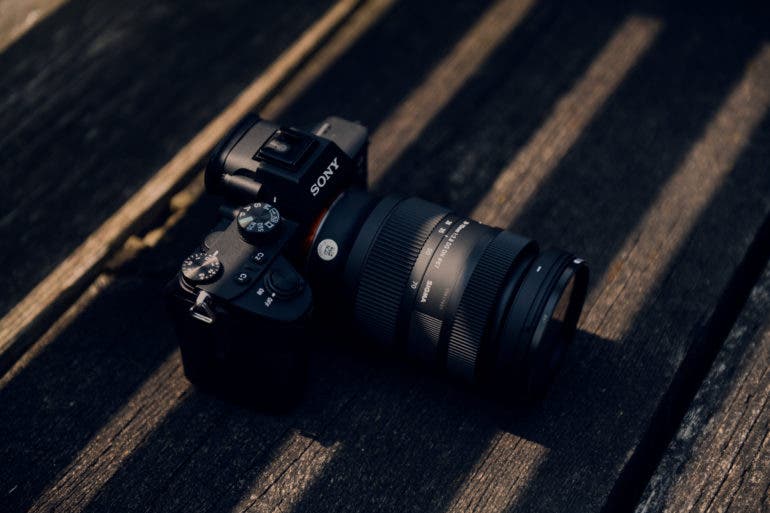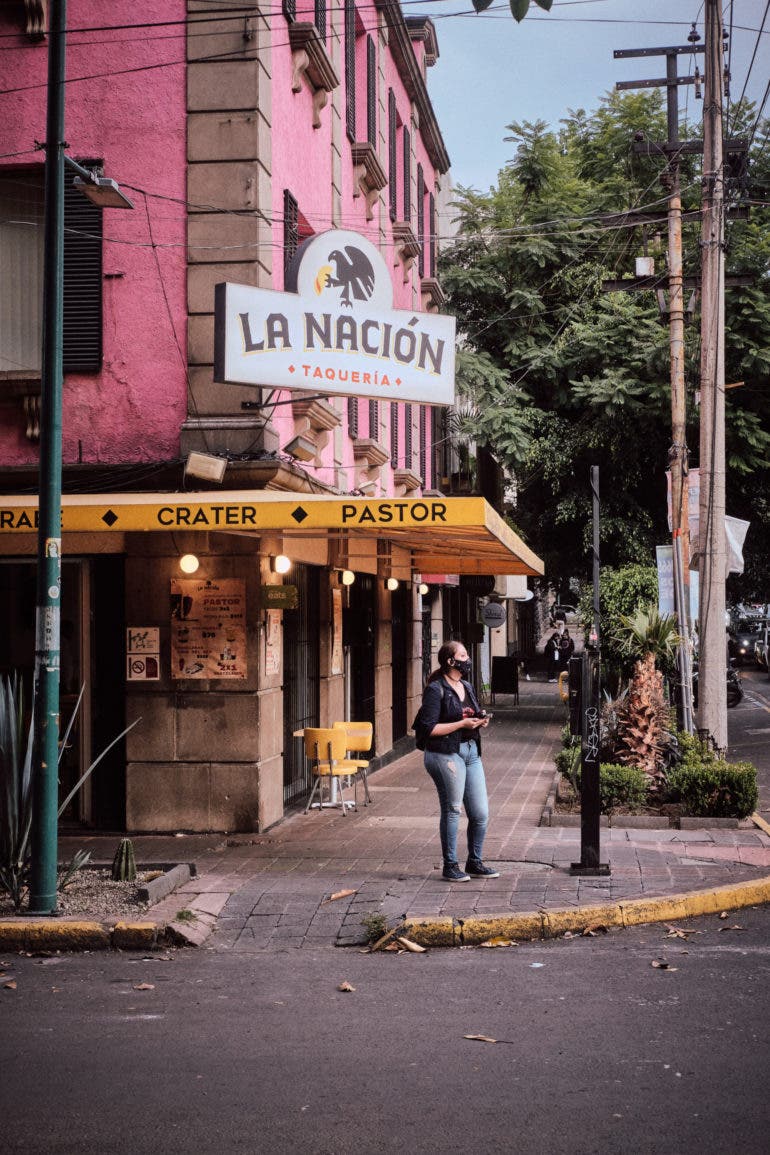Photographer Says Photography Addiction Is “Destroying” Their Life
We’re streaming daily on Apple Podcasts, Google Podcasts, Stitcher, Pocket Casts, and Spotify! You can also listen to it right here on The Phoblographer.
In a recent post on Reddit, a user wrote about what they described as a “weird addiction.” Expecting something peculiar, I clicked right away. But to my surprise, the author of the post talked about their addiction to photography. “Addicted to photography!?” I thought. “Is that even possible?” Which got me thinking, can one seriously have a photography addiction? Let’s explore that question.
Want to get your work featured? Here’s how to do it!
Photography Addiction Seems Real for Some
The post on Reddit received over 100 responses. Amongst them were photographers sharing how they couldn’t stop shooting, even putting off their day job to go out and make images. In one of the more extreme responses, one user wrote:
“Omg this hits hard. I sometimes feel like photography is destroying everything else in my life because I spend every minute of my free time doing it or something related to it.”
–Reddit User
Many of the comments sounded familiar. But rather than being related to photography, they relate to drugs, alcohol, and gambling. In my twenties, I struggled with drugs, and like the above Redditor, they destroyed everything else in my life. Thankfully, I overcame my drug dependency, with photography being one of the primary disciplines to help me. But this then got me wondering if I replaced one addiction with another.
Is Photography Addiction Real?

To date, there’s no scientific research or evidence that suggests one can be addicted to photography. Certain people are addicted to buying new gear. However, that relates more to an addiction to consumerism rather than an addiction to making photos.
The more I thought about it, the more I began to think about my relationship with street photography. For those who haven’t practiced street photography, let me briefly explain the thrill. You spend hours at a time, walking and searching for that perfect candid frame. When you find it, the number of chemicals released in your brain leads to euphoria. So much so that you want to do the process again and again: very reminiscent of addiction.
Let’s Be Hypothetical
Hypothetically, let’s say photography is addictive. Is that a bad thing? On the surface, my instinctive answer is no; photography addiction isn’t a problem. But let’s look at the definition of addiction:
“The state of being compulsively committed to a habit or practice or to something that is psychologically or physically habit-forming, as narcotics, to such an extent that its cessation causes severe trauma.”
— dictionary.com
Nothing in that reads well. And to be acting out of compulsion suggests you have no control over an action, which is extremely unhealthy. Would it be worse to have an addiction to heroin? Of course. But dependency is the same no matter how you look at it, even if the consequences are different.
And let’s look at the world we live in. Photography is no longer exclusive. Everyone has a camera, even if it’s their phone or at the budget end of the market. And think about how people behave. Nobody can live their life without making a photograph. Their food, face (selfie), and neighbor’s dog; society is compulsively documenting everything. Although we don’t know the consequences of that right now, time will tell if the desire to incessantly photograph hurts our mental health.
Signs Photography Is Taking Over Your Life

Moving back to a photographer’s perspective, below are some signs that photography may be taking too much of a firm hold of your life.
- You would rather make images than see friends and family.
- You stay up all night editing photographs, even when you have commitments the next day.
- You’re spending too much money on gear, or worse, going into debt to buy new gear.
- You’re neglecting your day job and focusing on photography.
Remember, it’s okay not to make photos for a little while. Although we all love photography, other things in life are also rewarding. It’s important for our mental wellbeing that we have a varied amount of interests. It’s also not necessary to document every moment of your life. You don’t always need your camera on your morning walk, for example. Instead, enjoy moments for what they are, and don’t always see them as an opportunity to make photographs.
Final Thought
Do I think photography addiction is real? Maybe. But it’s not a widespread problem like the more common addictions. Most photographers can switch off and put their cameras down. However, that doesn’t mean we should overlook those who express a dependency on the craft. We should listen to and support them.
Photography is a beautiful way to escape many of life’s adversities. It would be a crying shame if it were to become a problem as well.